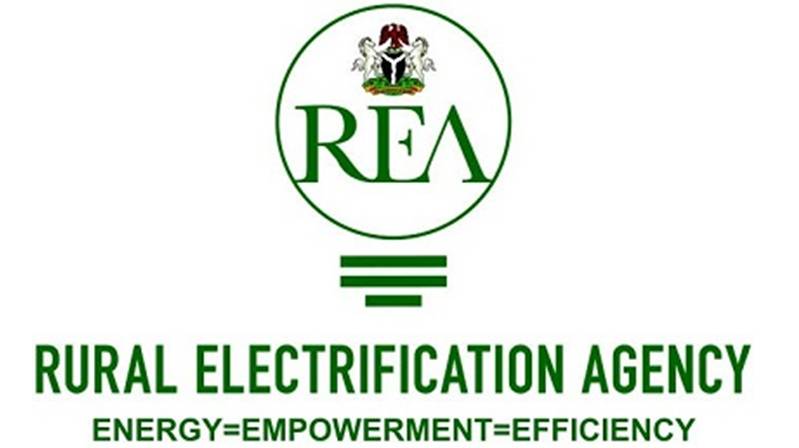Abuja, Nigeria – A bombshell audit report, exclusively obtained by The News Chronicle, has cast a long shadow over the Rural Electrification Agency (REA), revealing a staggering payment of N128,221,875.00 for solar home system projects that, in large part, never saw the light of day.
The findings paint a troubling picture of potential financial mismanagement, raising questions about the REA’s adherence to financial regulations and its commitment to prudent public expenditure.
The audit, titled “ISSUE 5: PAYMENT FOR JOB NOT EXECUTED,” meticulously details glaring discrepancies between payments made and work completed. It appears the REA may have been caught napping at the switch, with millions of naira seemingly vanishing into thin air for services not rendered and goods not supplied.
According to the audit report, a colossal sum of N128,221,875.00 was disbursed on December 21, 2021, via payment voucher TRY NO. BN/21/5667, for the provision of Solar Home Systems in five federal colleges across Nigeria: Federal College, Okposi; Federal Government Girls College, Ezzamgbo; Federal Government College, Enugu; and Federal Government College, Okigwe.
However, a closer look at the ground realities reveals a different story, one that smacks of a raw deal for the Nigerian taxpayer. The audit observed that:
The panels associated with the Mini Grid Solar Home System supplied at the Federal Government College, Okposi, have not been installed, leaving the project in a state of suspended animation.
Some of the Home Systems installed at the Federal Government College, Enugu, decided to pack up just 3-7 days after installation, rendering them little more than expensive ornaments.
Furthermore, a significant portion of the Fans and Radios supplied were found to be faulty from the get-go, and despite full payment, the contractor has yet to make good on their end of the bargain by replacing the defective items.
The audit squarely lays the blame for these “anomalies” at the feet of “weaknesses in the internal control system at the Rural Electrification Agency, Abuja.” It highlights two critical risks stemming from these lapses: “Payment for services not rendered” and the ominous specter of “Diversion of public funds.”
The report buttresses its findings by citing several paragraphs from the Financial Regulations (FR), 2009, underscoring the gravity of the situation. Paragraph 412 of the FR, 2009, emphasizes the necessity of a certificate attached to vouchers confirming that payments align with contract terms, and that work has been “properly done” or articles “received.” It explicitly states that “no money will be claimed other than the cost of the work certified to have been performed.”
Further cementing the regulatory framework, Paragraph 415 of the FR, 2009, mandates that “The Federal Government requires all officers responsible for expenditure to exercise due economy. Money must not be spent merely because it has been voted.”
Adding another layer of oversight, Paragraph 603 (i) of the FR, 2009, stipulates that “All vouchers shall contain full particulars of each service, such as dates, numbers, quantities, distances and rates, so as to enable them to be checked without reference to any other documents and will invariably be supported by relevant documents such as local purchase orders, invoices, special letters of authority, time sheets. etc.”
Perhaps the most damning citation comes from Paragraph 708 of the FR, 2009, which declares, “On no account should payment be made for services not yet performed or for goods not yet supplied.”
In a move that speaks volumes, the management of the Rural Electrification Agency offered “No response” to the issues raised in the audit. This deafening silence led the auditor to conclude that the “findings remain valid until the Management implements the recommendations.”
The audit’s recommendations are as clear as day and pull no punches. The Managing Director of the REA is requested to:
Account to the Public Accounts Committees of the National Assembly for the sum of N128,221,875.00, representing payment for jobs not done.
Recover and remit the entire sum of N128,221,875.00 to the Treasury, effectively putting the genie back in the bottle.
Forward evidence of this remittance to the Public Accounts Committees of the National Assembly, leaving no room for ambiguity.
And finally, the audit recommends that “sanctions relating to irregular award of contract and irregular payments specified in paragraphs 3117 and 3106 of the Financial Regulations, 2009 respectively, should apply.”



